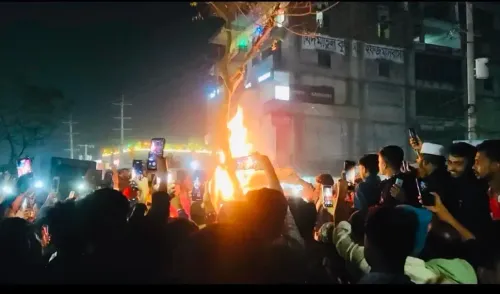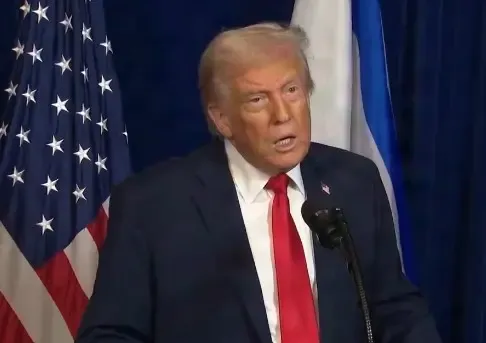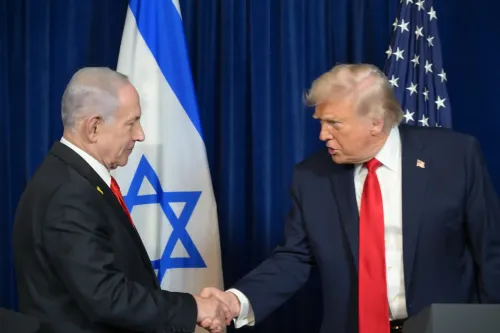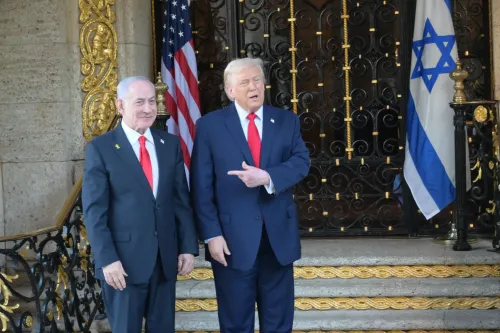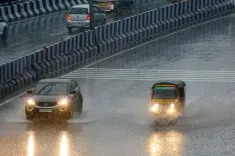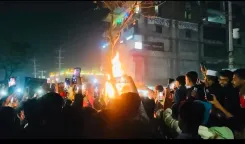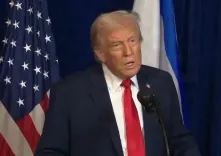Why Are Doctors in Nepal Boycotting Non-Emergency Services?
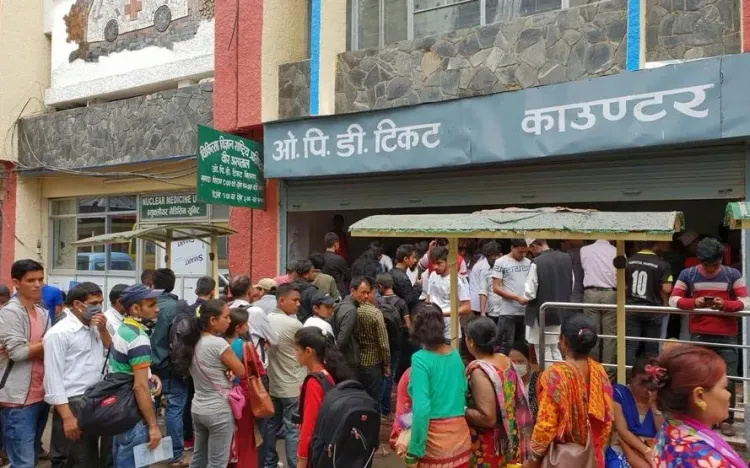
Synopsis
Key Takeaways
- Nepal Medical Association protests against court rulings.
- Thousands of patients face treatment denial.
- Hefty fines imposed on negligent medical professionals.
- Importance of balancing doctors' rights with patient care.
- Ongoing debates about healthcare accountability.
Kathmandu, July 7 (NationPress) Thousands of patients across Nepal will be deprived of medical assistance on Monday, as the Nepal Medical Association (NMA), which represents medical professionals, has declared a nationwide boycott of health services, excluding emergency care.
This protest marks the second occurrence within two months, following recent rulings from the Consumer Court that imposed significant fines on doctors found culpable of severe negligence resulting in serious complications and fatalities, according to local news sources.
"The situation has escalated to a level where we can no longer perform our duties effectively. Doctors cannot afford to pay millions in penalties for efforts to save lives, and our experience indicates that the authorities only respond to serious protests," reported The Kathmandu Post citing Anil Bikram Karki, the association's president.
Recent reports indicate that the court's decision imposed hefty fines on three private hospitals in Nepal: Rs 5.68 million on Om Hospital in Chabahil (8% to the hospital and 20% to the involved doctors); Rs 5.7 million on Grande City Clinic (Rs 4 million to the doctors and Rs 1.7 million to the hospital); and Rs 14.5 million on Himal Hospital (70% to the doctors and 30% to the hospital).
"Interrupting hospital services and denying treatment to patients has become a primary strategy for the association to pressure the government into addressing its demands. The NMA and its members are once again withholding treatment from patients without understanding the implications of the Consumer Court's verdicts, which itself is a serious offense," stated Jyoti Baniya, chairman of the Forum for the Protection of Consumer Rights-Nepal.
"Details of the verdicts have yet to be disclosed, yet they are already punishing patients. Courts have consistently issued rulings in cases of gross negligence and have imposed fines on those found guilty," Baniya added.
Experts and former officials from the Nepal Medical Council have criticized the boycott of medical services, asserting that protests against court decisions cannot be justified under any circumstances.
"Patients and their families have the right to pursue legal remedies if they believe they have suffered harm due to medical negligence. Investigations by the council have revealed clear negligence by doctors, leading to appropriate actions," remarked a former council official, speaking on condition of anonymity.
"Not all doctors possess the same level of competence, and no doctor can guarantee that their colleagues will not be negligent. Are we encouraging the public to take the law into their own hands by denying them access to the courts?" questioned another former council member.
A similar protest occurred in April, when non-emergency services were suspended across Nepal following a nationwide demonstration initiated by the NMA.
The association had taken this action in solidarity with resident doctors pursuing MD/MS degrees in private institutions, who were demanding allowances equivalent to those in government colleges.


